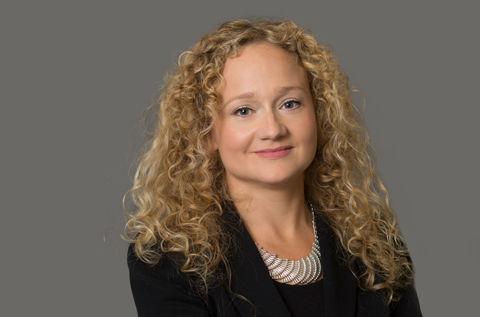COVID-19: Top tips for remote inquest hearings
07/07/20As we see the re-opening of Coroners’ courts following the COVID-19 pandemic, we continue our series of inquest-related insights with our top tips for partially remote inquest hearings. If you missed our first alert, read it here.
Capsticks’ top tips
- Log onto the videoconference early to ensure you are familiar with the platform and that you are connected properly.
- Provide written submissions in advance to reduce the time needed for the hearing and enable the Coroner and other interested persons to understand your position.
- Ensure that those who are not affirming have a copy of the relevant holy book with them.
- Ensure the same paginated bundle is available to all attendees including witnesses, preferably in hard copy.
- If you will need to refer to an individual page from the bundle frequently, have that available to ‘screen share’ as a separate document.
- More than ever, ensure that questions are focused on the scope of the inquest.
- Have mobile numbers of all witnesses in case they have any technical issues during the hearing.
- Participants should mute themselves when not speaking.
- Arrange pre- and post-inquest videoconferences with witnesses to support them with brief and de-brief as necessary.
- Ask the court if the Coroner has produced their own guidance for remote hearings. Many have, and the guidance sets the ground rules for how attendees should participate in the remote hearing and usually serve to answer questions/settle nerves related to attending an inquest via videoconference.
- Some Coroners are requiring all witnesses from each interested person, and sometimes their legal representatives, to be on the same video-link. Investigate beforehand if there is a room available to accommodate this safely within current COVID-19 guidance.
- Remind witnesses to wear formal dress and behave as they would if they were attending court in person.
How Capsticks can help
Capsticks is a market leader in the healthcare and inquest field and is ranked in the top tier for clinical negligence work by the Chambers Guide to the Legal Profession and The Legal 500. Our national inquests team works on hundreds of inquests per year, including the most high-profile and sensitive cases.
If you would like to discuss the implications of this guidance further, or any other related cases or issues, please contact Georgia Ford, Tracey Lucas or Adam Hartrick.






